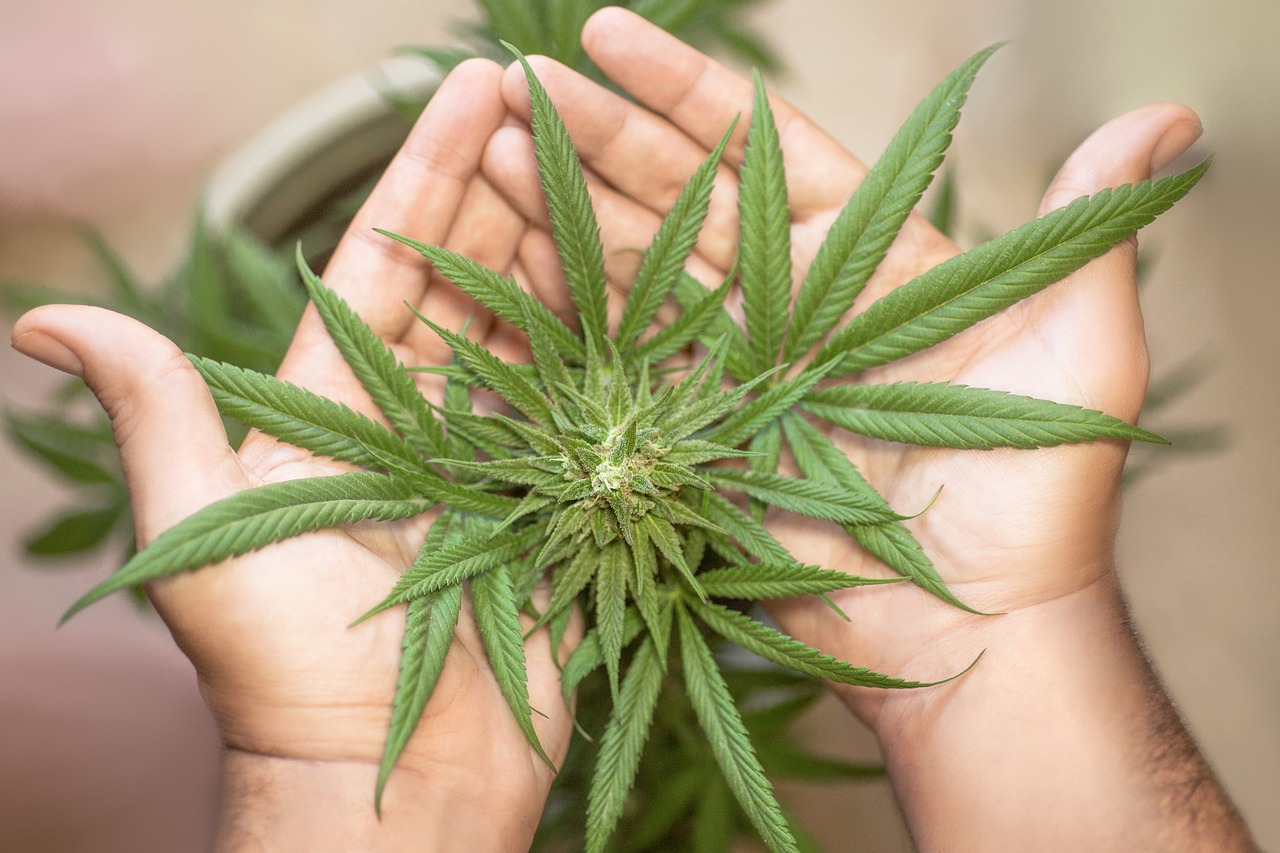Chronic pain affects millions worldwide, often leading to a diminished quality of life. Traditional pain management methods, such as pharmaceuticals, can have significant side effects and may not always provide adequate relief. In recent years, interest in alternative therapies has grown, with THCA flower emerging as a promising option for those seeking natural pain relief.
Understanding THCA and Its Benefits
THCA, or tetrahydrocannabinolic acid, is a non-psychoactive cannabinoid found in raw cannabis plants. Unlike THC, THCA flower in tincture does not produce a “high” when consumed. Instead, it offers a range of potential therapeutic benefits, making it an attractive option for individuals seeking relief without the psychoactive effects.
Potential Health Benefits of THCA
- Anti-inflammatory properties
- Neuroprotective effects
- Antiemetic (anti-nausea) capabilities
- Analgesic (pain-relieving) properties
These benefits make THCA a compelling choice for those dealing with chronic pain, inflammation, and other related conditions.
How THCA Flower Works for Pain Relief
THCA interacts with the body’s endocannabinoid system (ECS), which plays a crucial role in regulating pain, mood, and inflammation. By influencing the ECS, THCA can help modulate pain signals and reduce inflammation, providing relief for chronic pain sufferers.
Case Studies and Research
Several studies have explored the potential of THCA in pain management. For instance, a study published in the “Journal of Pain Research” highlighted the anti-inflammatory effects of THCA, suggesting its potential in treating conditions like arthritis and fibromyalgia. Another study in “Pharmacology & Pharmacy” demonstrated THCA’s ability to reduce pain and inflammation in animal models.
Comparing THCA to Traditional Pain Medications
Traditional pain medications, such as opioids and nonsteroidal anti-inflammatory drugs (NSAIDs), often come with a host of side effects, including addiction, gastrointestinal issues, and liver damage. In contrast, THCA offers a natural alternative with a lower risk of adverse effects.
Advantages of THCA Over Traditional Medications
- Non-addictive nature
- Fewer side effects
- Potential for long-term use without tolerance build-up
These advantages make THCA an appealing option for those seeking a safer, more sustainable approach to pain management.
Real-Life Examples of THCA Use
Many individuals have turned to THCA flower for relief from chronic pain. For example, Jane, a 45-year-old arthritis sufferer, found significant improvement in her symptoms after incorporating THCA into her daily routine. Similarly, Tom, a veteran dealing with chronic back pain, reported reduced pain levels and improved mobility after using THCA flower.
Testimonials from Users
Users often share positive experiences with THCA, highlighting its effectiveness in managing pain without the side effects associated with traditional medications. These testimonials provide valuable insights into the real-world benefits of THCA flower.
How to Use THCA Flower for Pain Relief
THCA flower can be consumed in various ways, each offering unique benefits. Some popular methods include:
- Juicing raw cannabis leaves
- Adding raw cannabis to smoothies or salads
- Using tinctures or oils derived from THCA-rich strains
These methods allow users to incorporate THCA into their daily routines easily, providing consistent relief from chronic pain.
Legal Considerations and Accessibility
The legal status of THCA varies by region, with some areas allowing its use for medical purposes while others have stricter regulations. It’s important for individuals to research local laws and consult with healthcare professionals before incorporating THCA into their pain management regimen.
Finding Quality THCA Products
When seeking THCA flower, it’s crucial to choose products from reputable sources. Look for lab-tested products that guarantee purity and potency, ensuring the best possible results for pain relief.
Conclusion
THCA flower presents a promising natural alternative for those seeking relief from chronic pain. With its potential to reduce inflammation and modulate pain signals, THCA offers a safer option compared to traditional pain medications. As research continues to explore its benefits, more individuals may find solace in this non-psychoactive cannabinoid. By understanding its uses and benefits, chronic pain sufferers can make informed decisions about incorporating THCA into their pain management strategies.



